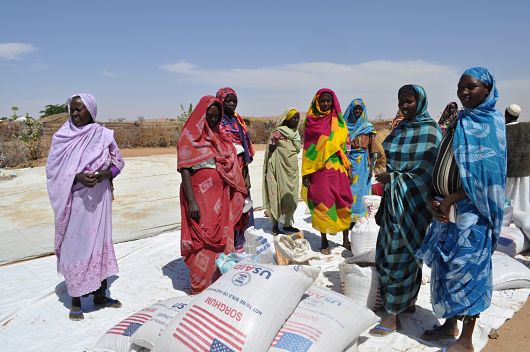What We Fail to Mention About Foreign Aid

1. Foreign aid remains essential for developing nations. Providing healthcare, clean water, food, shelter, vaccines and schools can create opportunity. The catch we must avoid is generalizing these methods. Aid projects succeed when they target regions’ specific needs and histories.
2. We need to actually invest in the communities we serve. This requires “patient capital” which, according to CEO of Acumen, Jacqueline Novogratz, is “money that is invested in entrepreneurs who know their communities and are building solutions…thinking of low income people not as passive recipients of charity, but as individual customers, consumers, clients, people who want to make decisions in their own lives.” Patient capital is an inclusive approach to uplifting people out of poverty. While it requires risk, experimentation, and patience, the social impact can be enormous.
Journalist and activist, Andrew Mwenda, also advocates for wealth-creating “agents” that also give way to systems of productivity. “Wealth,” explains Mwenda, “is a function of income, and income comes from you finding a profitable trading opportunity or a well-paying job.” So, what is the solution? Entrepreneurs.
3. Economic gains in foreign aid investment beats the stock market. Paul O’Connell is the president and partner of FDO Partners, LLC, which is an investment management and research firm managing upwards to US$2.3 billion. O’Connell’s TedTalk, “Investments in the future: A new approach to foreign aid” talks about the economic gains from investing in poverty-related issues like vaccinations, education, and clean water, versus investing in the stock market. Investing in each category earns two to even six times the return in comparison to investing in stocks. O’Connell urges private investors to take the reigns on these investments because the payouts will be enormous.
– Lin Sabones
Sources: TED 1, TED 2, TED 3, Wall Street Journal, Oxfam America
Photo: USAID
